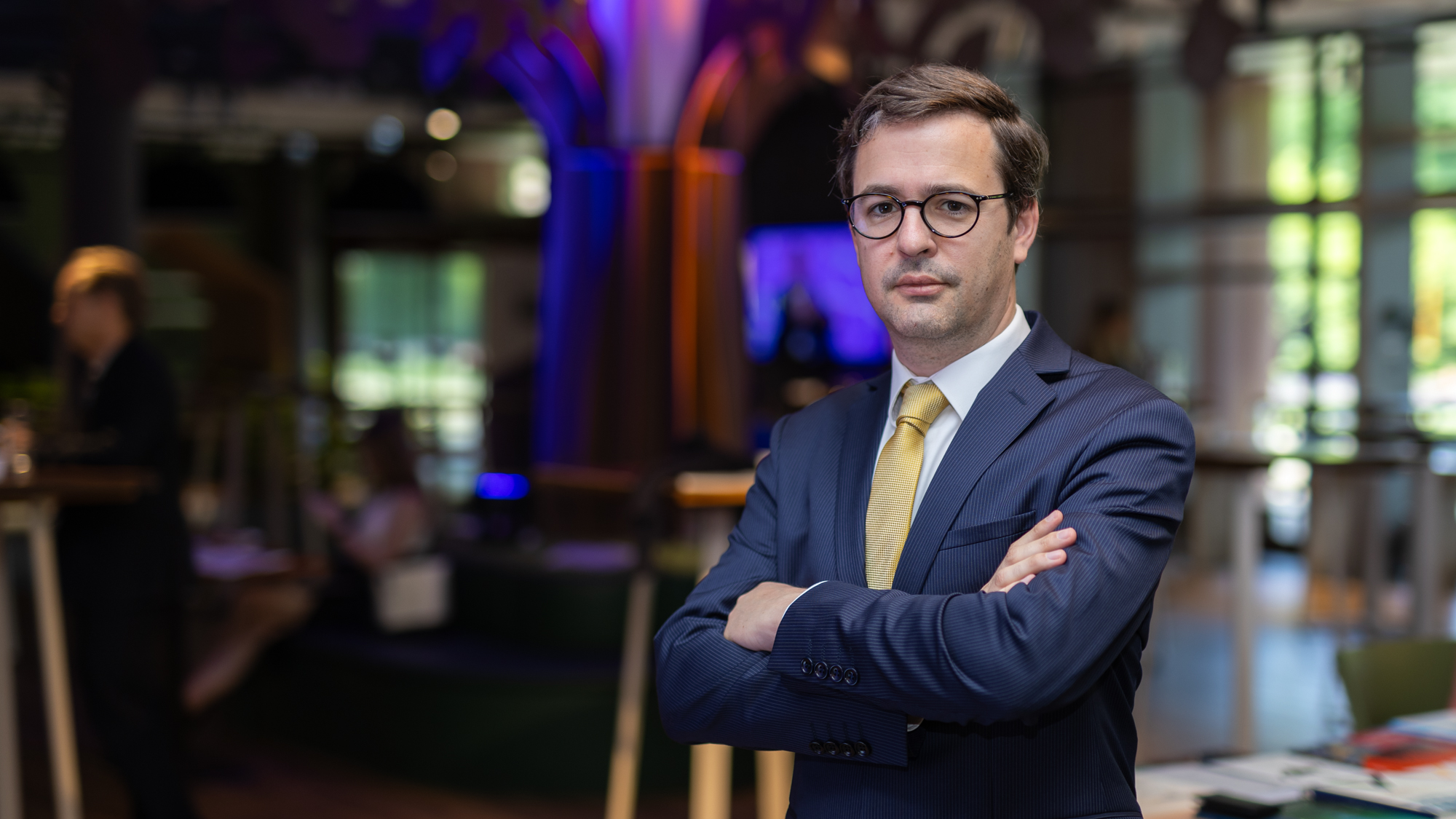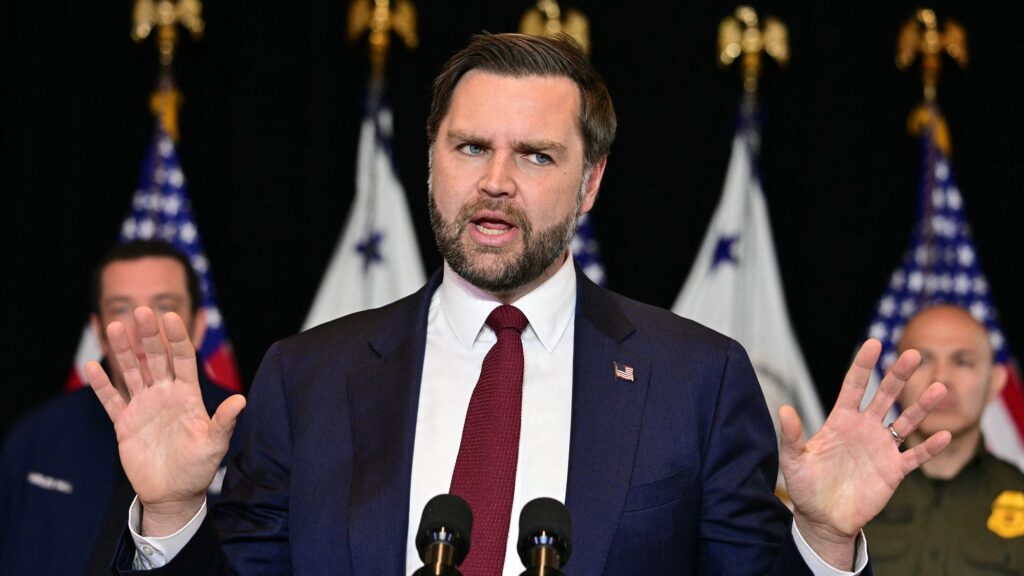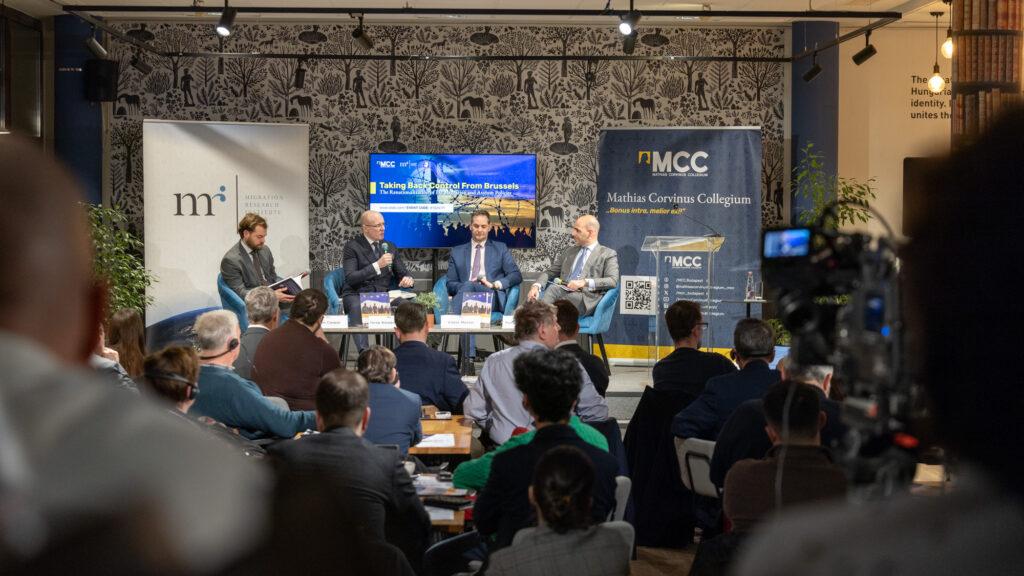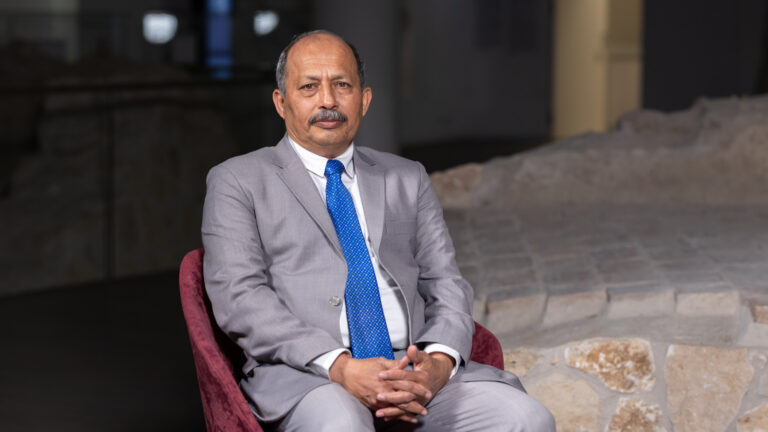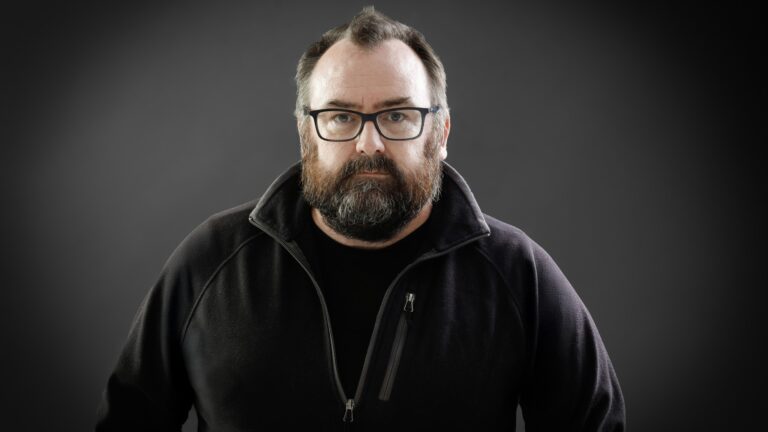Stéphane Bonichot is a practising attorney and a partner at the BRIARD BONICHOT & Associés law firm in France. He has been a member of the Paris Bar since 2010, and specializes in areas such as general civil law, commercial, banking and financial law, security interests law, competition law, intellectual property law, and international economic law. Mr Bonichot was one of the distinguished panellists at the recent MCC Budapest Summit on Technology and Society, where he kindly sat down with us for an exclusive interview as well.
***
You just completed the panel discussion about tech regulation. My question is about AI regulation specifically. Which country do you think was the first to pass the first major regulation of artificial intelligence that is actually codified by now? Is there a country out there that has already done substantive work in the legal regulation of AI?
In Europe, we were among the first to regulate AI, but mostly because we are not able to create our own company which could develop AI. So, we are completely dependent on the US or China, and we fear losing control. That’s why there is a massive regulation about AI, the collection of data, and how to protect data.
One of the more contentious questions, although probably not the most contentious one, regarding AI is about copyright and copyrighting art that was created by AI. I know you work in intellectual property protection. Is the standard, do you think, going to be what is now in the United States, that if you use an AI program to create visual art or text-based art, it cannot be protected by copyright?
That’s a very interesting question because it depends on whether you create something or just copy it. In intellectual property, there is this notion of creation, something original. You need to create something original. So if you just copy, there is no need to protect anything. You are not the creator. But if with AI you modify something which exists, you create a new original. So in this way, it will be protected.
For example, in the art area. Did you know that there is now the creation of pictures or paintings with AI? So why wouldn’t we protect this kind of creation? It’s new. It’s the AI that creates it, but afterwards, you can ask the AI to do it this way or that way or develop your own program.
Wouldn’t some of the copyright be attributed to the company that created the program, which created the art? Isn’t there a conflict of interest if I code an AI program and someone uses it to create a piece of art? Wouldn’t I be entitled to some of the ownership?
Yeah, who is the real creator? That’s good, that’s food. I mean, I think there is no litigation about that now, but you are right. If, for example, you create a painting with artificial intelligence which sells for millions of dollars. The company which created the AI program could ask for royalties. So that’s a good question. The main issue will be determining the creator. In this case, we could consider both the creator, the programmer, and the people who then decide to use this program to create art. But that’s a very relevant question.
On the broader topic of tech regulation, conservative circles here fear that the government can use regulation to compel a tech company to censor certain points of view. This was the case for a long time in the United States. Thankfully, it’s kind of softer now. What can we do to make sure that tech regulation, especially for social media companies, isn’t used for political advantage?
Well, of course, there is always the possibility of banning everything. For example, in France, there is now a proposal to ban TikTok for people under 15. So, okay, but it means that you just ban, you don’t educate, you don’t try to explain how it works, you don’t prepare people for everything that exists. So banning is not the solution. The solution, in my opinion, is freedom. You have freedom to create and publish content and access whatever you want.
And the content has just to be controlled by what is legal or not legal in your country. For example, you are not allowed to publish pornography on social media because you are not allowed to publish pornography in normal media. So it’s just the same thing. So I think we should encourage legal regulation to protect our freedom. Because, of course, if we start to ban, maybe one day you will also be banned yourself. We always have to prioritize the protection of freedom every time. Concerning the use of, for example, TikTok to influence people, maybe you remember the case of Cambridge Analytica.
Yeah, I remember. It was during the 2016 US election.
So, of course, this is a misuse of social media, of Facebook. TikTok, when used in this way, of course, is going too far because we are using privacy and personal data for political purposes. So that’s why there is this new Digital Markets Act and Digital Services Act by the EU, which normally should prohibit a big company coming from abroad from using data that they collect in Europe against Europeans. But it’s still something which is at the beginning. For example, you see, in Romania, the reason for cancelling the presidential election results was to say, yeah, it was manipulated by TikTok. But there is maybe proof now that we don’t know if it was.
There has been a big case that was in front of the United States Supreme Court, which is about the US government forcing the sale of TikTok. Do you think the Supreme Court was right to uphold that it’s legal to force a company to sell a product to American shareholders?
Well, there is the free speech argument saying, OK, TikTok has no free speech. You yourself have the possibility to publish content on TikTok, but TikTok has no right to say I will use my algorithm in the US to give you content according to what you are looking for. The Supreme Court can say there is no justification if TikTok uses this argument. Okay, there is no way TikTok can rely on free speech to defend itself. But there is also the question of the market. And then there is the question of how they create barriers for other competitors to access this market. But in this way, I think there is no good argument either because you have other competitors in the same market, such as Facebook, X, etc. So, I’m not sure they will actually ban TikTok. There is also a geopolitical consequence of what China will do if they are forced to sell TikTok.
But there is still a problem with TikTok because in China, TikTok is used for educational content for young people. They mainly broadcast some positive things to educate them. For us in Europe or the US, it’s just very different content.

It’s called ‘brainrot’ in internet slang today. It is very dumbed-down content, which is fine in moderation, I think.
But there is no good way to get away from this threat. Banning is not a good solution. Maybe the best solution would be to educate people and to make everybody aware that this is a foreign company which has its own goals and that the data is collected and put in servers in China and used by the Chinese government to do whatever they want to do. So I think the best way to defend is to educate people. Or maybe also the creation in Europe of a company which can have its own data protection system. Something similar to TikTok, but something that will be created in Europe and with the protection of data in Europe. But even in Europe, you can always use data in the way to influence people.
Still, it’s always better to defend freedom than to ban, because when you ban, we don’t know who will ban each other someday. In the end, we remember that even Donald Trump was suspended by Twitter.
Yeah, while he was still in office.
Yes, he was still in office. And people were compelled to go so far as to ban him in their efforts to control social media.
Read more of our interviews:

